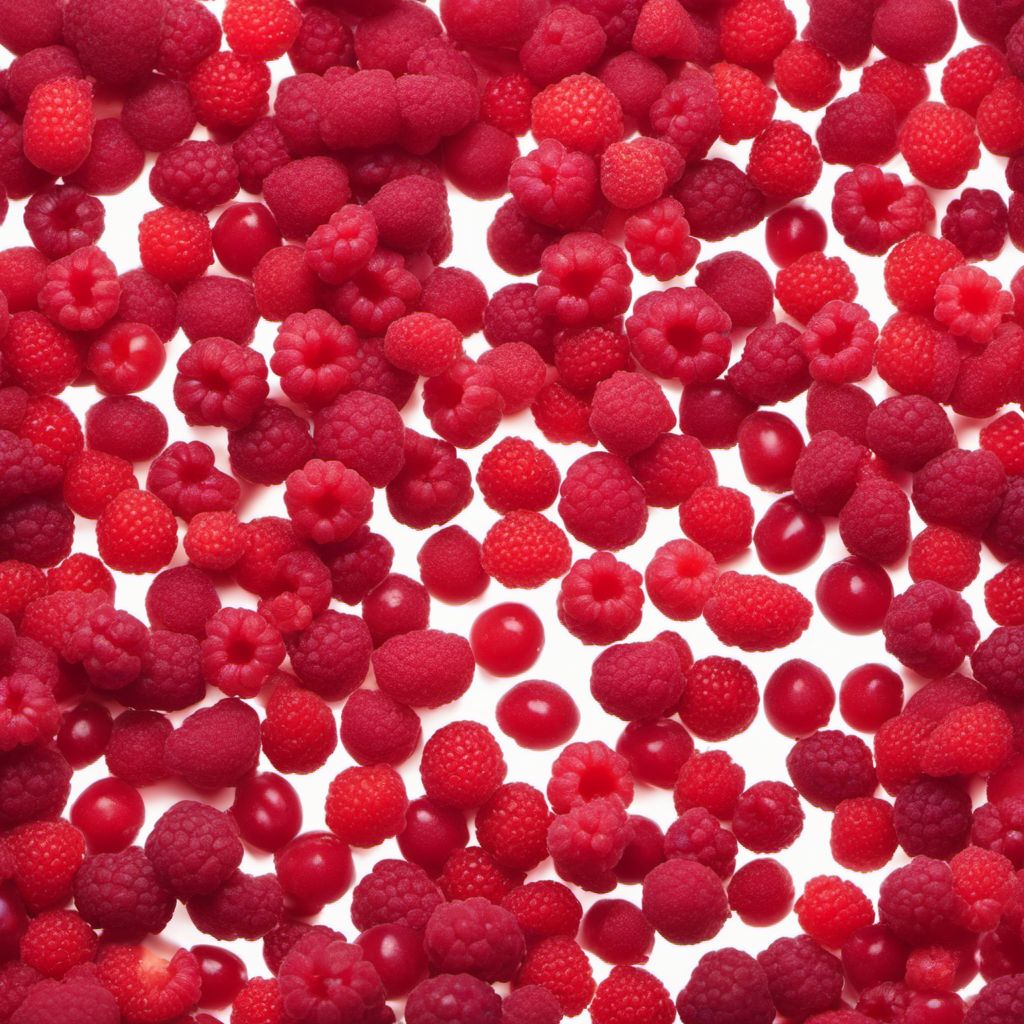
Ingredient
Wild berry flavour
Bursting with Nature's Delight: Exploring the Wild Berry Flavor
Wild berry flavor is characterized by its luscious sweetness and tangy undertones. It encompasses a wide range of berries, including strawberries, raspberries, blackberries, blueberries, and more. The flavor is often described as refreshing, juicy, and slightly tart, with a hint of earthiness. The texture of wild berries can vary from soft and delicate to firm and slightly crunchy, depending on the specific berry. Their appearance is visually appealing, with vibrant colors ranging from deep reds and purples to bright blues and blacks.
Origins and history
Wild berries have been enjoyed for centuries, with their origins tracing back to various regions around the world. Native Americans in North America have a long history of using wild berries for both culinary and medicinal purposes. In Europe, wild berries have been a part of traditional cuisine for centuries, with berries like lingonberries and bilberries being particularly popular. Today, wild berries are cultivated in many countries and are also foraged in their natural habitats.
Nutritional information
Wild berries are packed with essential nutrients, including vitamins C and K, dietary fiber, and antioxidants. They are low in calories and fat, making them a healthy addition to any diet.
Allergens
Wild berries are generally not known to be common allergens, but individuals with berry allergies should exercise caution and consult with a healthcare professional.
How to select
When selecting wild berries, look for plump, firm berries that are brightly colored and free from mold or bruises. Avoid berries that appear dull or overly soft, as they may be past their prime.
Storage recommendations
To maintain the freshness and quality of wild berries, store them in the refrigerator in a breathable container or loosely covered with a paper towel. Avoid washing the berries until just before use to prevent moisture buildup.
How to produce
While wild berries are typically foraged in their natural habitats, they can also be cultivated in home gardens or containers. Research the specific berry variety you wish to grow and follow the appropriate planting, care, and harvesting instructions.
Preparation tips
Wild berries can be enjoyed fresh, added to salads, used in jams and preserves, or incorporated into baked goods like pies, tarts, and muffins. They can also be blended into smoothies, used as a topping for yogurt or ice cream, or infused into beverages like cocktails or flavored water. To enhance their flavor, sprinkle a touch of sugar or drizzle honey over the berries before using.
Substitutions
If wild berry flavor is not available, you can substitute it with other fruit flavors such as strawberry, raspberry, or blueberry extracts or concentrates.
Culinary uses
Wild berry flavor is widely used in desserts such as cakes, pastries, ice creams, and sorbets. It is also a popular choice for flavoring beverages like smoothies, cocktails, and flavored water. Additionally, wild berry flavor can be incorporated into savory dishes, such as sauces for meats or dressings for salads, to add a unique twist.
Availability
Wild berries are commonly available in regions with suitable climates for their cultivation, including North America, Europe, and parts of Asia. They can also be found frozen or as extracts in many grocery stores worldwide.
More ingredients from this category » Browse all
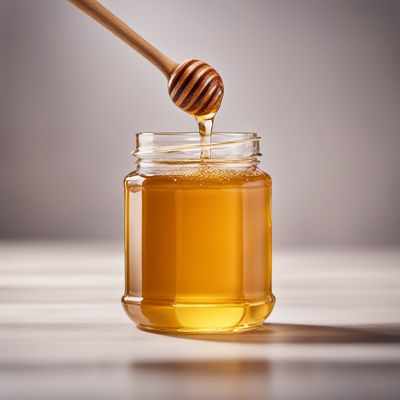
Honey flavour
The Sweet Essence of Nature

Apricot flavour
"The Essence of Sun-Ripened Apricots: Exploring the Delightful Apricot Flavour"

Cream flavour
The Essence of Cream
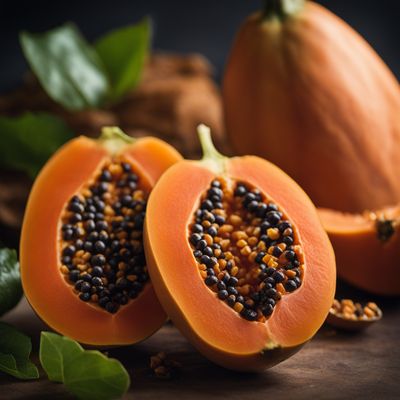
Papaya flavour
The Tropical Delight

Beef flavour
The Savory Essence: Beef Flavor

Walnut flavour
Nutty Elegance
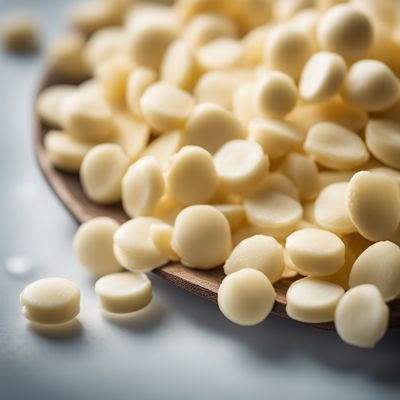
Vanilla flavour
The Sweet Essence: Unveiling the Magic of Vanilla Flavour

Bacon flavour
The Smoky Sensation of Bacon

Wine flavour
Unlocking the Essence of Wine

Watermelon flavour
The Refreshing Essence: Unlocking the Delightful Watermelon Flavor
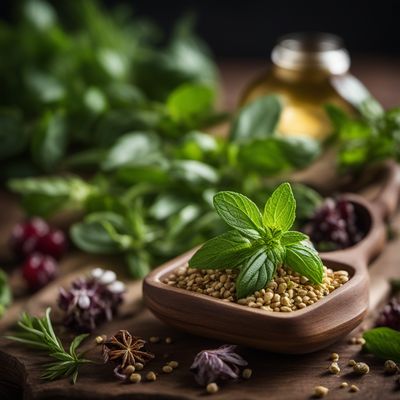
Herbs flavour
The Essence of Nature

Sweet chili flavour
Fiery Fusion